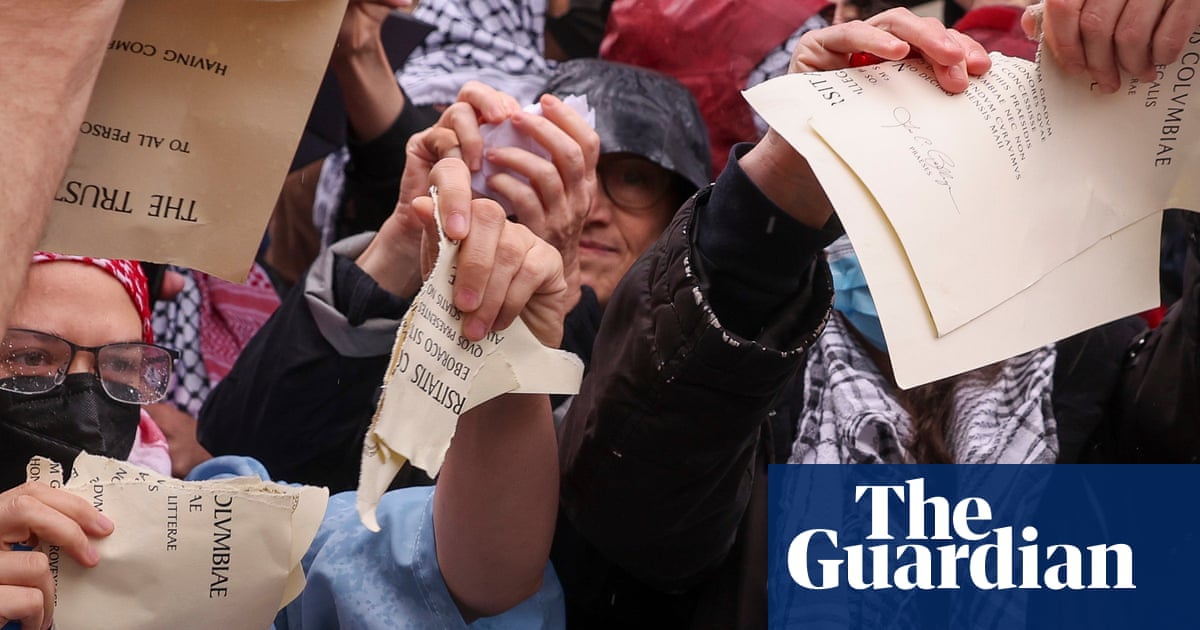Time is layered in Northern Irish writer David Park’s latest novel. The past ever present, it underpins but also threatens to undermine the two protagonists. The story opens in present-day Belfast, with Alex, a man caught up in wedding plans. He loves his Ellie, but doesn’t love all the fuss over venues and seating arrangements. The pair are paying a visit to the Manor House, a grand hotel outside the city; Ellie has her heart set on the boathouse by the lake for their reception, and wants Alex to feel the same excitement. This first chapter finds him distracted, though. Impatient with deadlines and invitations, but also keen just to be married; more specifically, to let go of his old life and his old pals from his single days. We’re not told why, only that he is tired of “all the pretences and games” and that marriage represents his “best opportunity to loosen the connection”.
Chapter two returns us to the same place but a century earlier. The Manor House is home to the Remingtons, and the lake and boathouse of Ellie’s future dreams are as yet under construction, under the supervision of George Allenby. A young architect, George is also a veteran of the first world war. The fighting is not long over and he, too, would rather put his past behind him. But the lake excavation and the daily sight of his workers in the mud and rain is proving an awful reminder of the trenches. There, he was an officer; here he is once again in charge of men. George is sorely aware of their toiling, and the precarity of their employment set against the wealth of the Remingtons. George’s employers are new money, and he finds himself embarrassed at their ambitions to pass as landed gentry. He knows the lake he is constructing is part of this: a charade doomed to failure.
Returning to Alex, we find he is also uncomfortable in his work. He’s employed by his father in property development. Regeneration in 21st-century Belfast provides riches for some, Alex included, but he sees those left behind, not least the tenants in the shopfronts his father lets out. Among them is a barber and a tattoo artist; Alex pays them visits as landlord, but strives to be more than that, to make human connections.
So Ghost Wedding is about class and power as well as the past. This finds its best expression in George’s story, in the relationship that develops between him and Cora, one of the Manor House maids. What starts as an allyship against the housekeeper – and against the awful Remington Junior – soon becomes more than that, with Cora visiting George at the cottage in the grounds where he is billeted. She’s a gift to him – and to the book. Her sharpness is beguiling, as are her appetites, her humour, her determined independence. Park is one of those rare and precious male writers – like Roddy Doyle, like Colum McCann, who have both championed his work – who write women well. Park describes George falling for Cora extremely well too. Will this love prove impossible? It’s beautifully drawn and perfectly chosen for a novel that wants its characters – and readers – to see beyond boundaries.
Above all, Park wants us to look beyond the now: beyond “the calendar on the kitchen wall that pretends to control the space of days wherein we live”. Alex and Ellie are to marry by the lake that George is excavating while he falls in love with Cora; these couples are separated by a century, and by nothing at all: prey to the same dilemmas, hemmed in by the same structures. The past isn’t past. When Alex visits his father’s building projects, lying empty and derelict, he finds a kind of peace there; but Park fills the rooms for his readers, bringing us the spirits and stories of Titanic dockyard workers, and seamen who crewed the supply boats in wartime. Conflict and shipbuilding are the twin forces that have shaped Belfast and the lives of its people, and Park excels at making this tangible.
Alex himself is less finely drawn. We know there’s a darkness in his past; that something unspeakable took place, in a tent, at a festival. We learn there was a young woman – too drunk, too high, and left too vulnerable. But what part did Alex play there? And what of his old friends he wants to discard? They and his memories are rather too thinly dispersed through the book to provide drive. It’s a hinterland left underexplored, and one that feels less integrated with the novel as a whole.
But in George and Cora, and in the Belfast ghosts, there is more than enough to move us – and to prompt thought. “Time shuffles itself lightly, like a pack of cards. Who can tell what sequence it will deal? Who can tell what will fall across our future days?”
after newsletter promotion

 1 day ago
8
1 day ago
8

















































